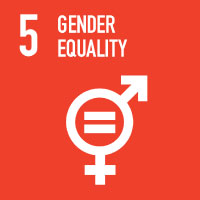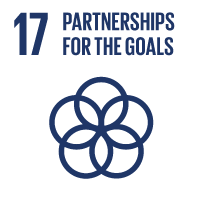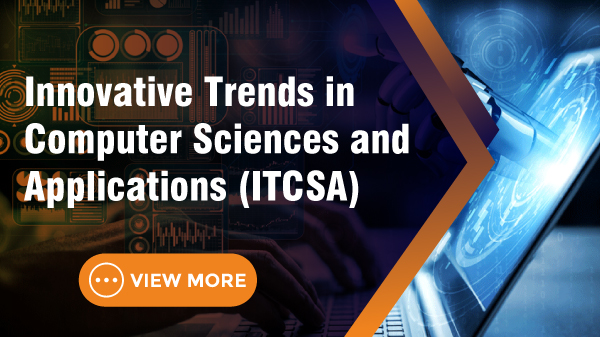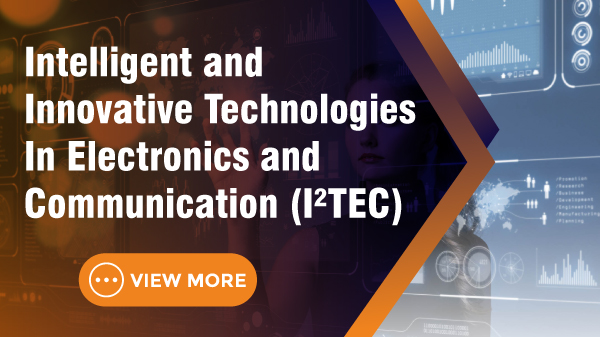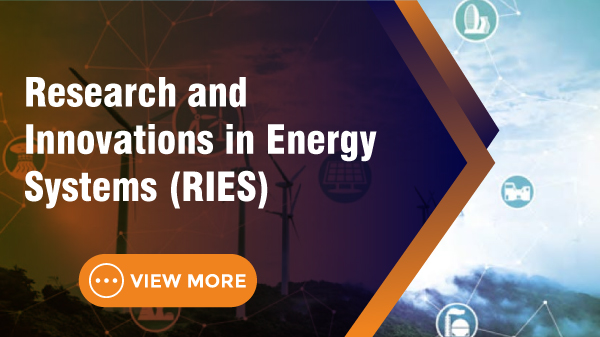- +1 (587) 325-0234
- [email protected]
- Manila, Philippines
- IFERP - Project Seed Funding Scheme
Social Sciences and Social Media
Session Overview
The upcoming Engineering, Social Science, and Humanities Conference (ICESSU-2026) aims to provide a platform where Research Brains from around the globe join hands and demonstrate their latest Research innovations and breakthroughs in their respective fields. This unique opportunity allows participants to share the results of their research, which will boost their credibility and give them the veneration they deserve for their commitment to excellence and hard work—all of which will eventually benefit humanity. So, get ready for an unparalleled journey of research innovation, collaboration, and enlightenment as we embark on a quest to shape the future and redefine the very essence of scholarly achievement!
(ICESSU-2026) invites submissions of full papers and abstracts on the following (but not limited to) sessions:
Social Sciences and Social Media
is contribution to
The
Sustainable
Development Goals:
Goal 5: Gender Equality:
Goal 17: Partnerships for the Goals
Who Can Join
Tracks
1 Social and Organizational Networks
2 Social Complexity
3 Social Computing
4 Social Network Analysis
5 Social Systems Dynamics
6 Social Work
7 Social-Psychological, Social, Organizational, and Technological Systems
8 Socio-Cognitive-Technological Systems
9 Media and Communications, Technology
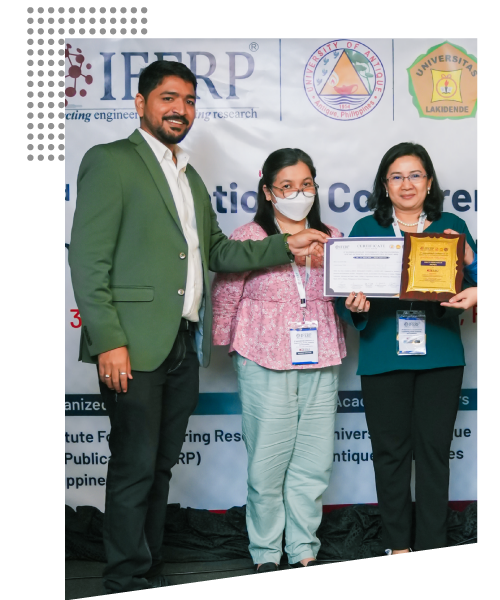
Benefits
of
Attending ICESSU-2026
Scope of Participation:
ICESSU 2026 invites a broad spectrum of participants from across the globe, representing diverse disciplines and sectors:
- Academics & Researchers Present original studies, engage in interdisciplinary exchange, and explore cross-cutting sustainability issues.
- Engineers & Technologists Share breakthrough innovations that offer scalable solutions to real-world environmental and social challenges.
- Educators & Policy Makers EExplore transformative educational practices and policy frameworks for sustainability-driven futures.
- Social Scientists & Change-makers Dive into the sociocultural dimensions of sustainability and build networks for action and reform.
- Students & Early-career Professionals Showcase their work, build international exposure, and gain mentorship in global sustainability discourse.
Author Guidelines
Guidelines for Abstract Submission:
- Language: Abstracts must be written in English.
- Length: Limited to one paragraph with 200-250 words.
- Format: Submit in MS Word (.doc or .docx) document format.
- Content: Abstracts should provide an informative summary of the original work. Include a brief biography with your abstract, following the example provided in the template.
- Formatting: Center-align the Title, Author's Names, and Affiliations. Underline the presenting author's name.
- Submission: Please submit your abstract through the designated submission portal.
- Acknowledgment: Upon abstract submission, you will receive an acknowledgment email within three working days.
Evaluation Process
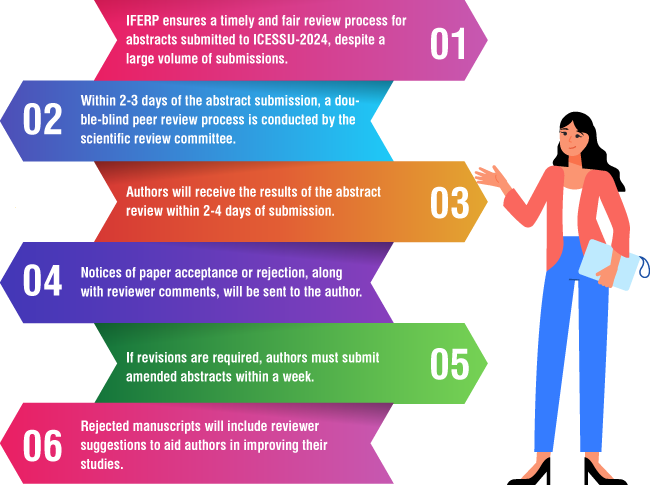
Guidelines for Full Paper Submission
If your abstract has been accepted and the registration fee for IC-ESSU-2026 has been paid, you are invited to submit the full paper. Please adhere to the following guidelines for the submission:

- Total number of pages: 6-8 in double-column format
- Language: English (checked for grammar and language errors)
- Tables, figures, and images should be properly named and of high quality.
- Keywords should be written in lowercase letters (except for names/scientific names) and separated by commas.
- Affiliation names, including the country, must be provided.
- Each paper should be structured into the following sections:
- Background, Motivation, and Objective
- Statement of Contribution/Methods
- Results, Discussions, and Conclusions
Once your full paper is prepared according to the above instructions, please proceed to submit it through the provided link. Submit your Full paper Here.
Key Themes
- Social media’s role in communication and identity
- Socio-technical systems and organizational dynamics
- Media, networks, and community transformations
- Social innovation for inclusive development
Session Format
The session on "Social Sciences and Social Media" at ICESSU-2026 is dedicated to exploring the interplay between social sciences disciplines and the dynamic landscape of social media platforms.
PEER-REVIEWED GOOGLE SCHOLAR INDEXED JOURNAL
Technoarete Transactions on Renewable Energy, Green Energy and Sustainability

Transaction on Biomedical Engineering Applications, Healthcare


